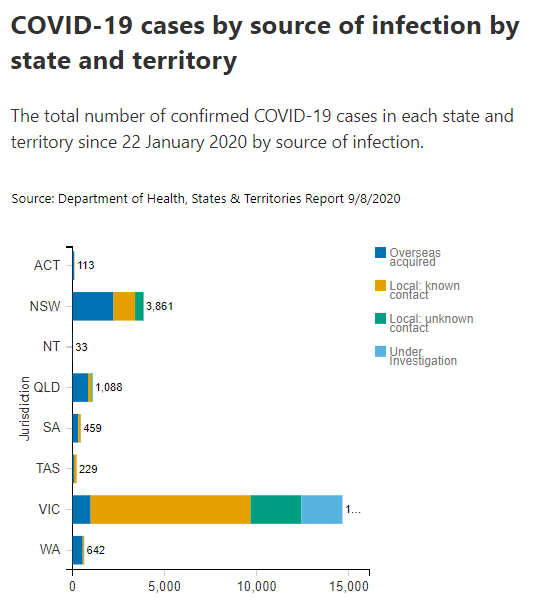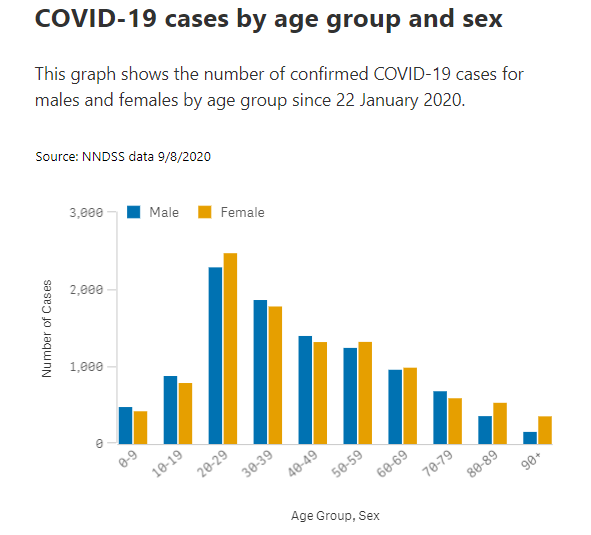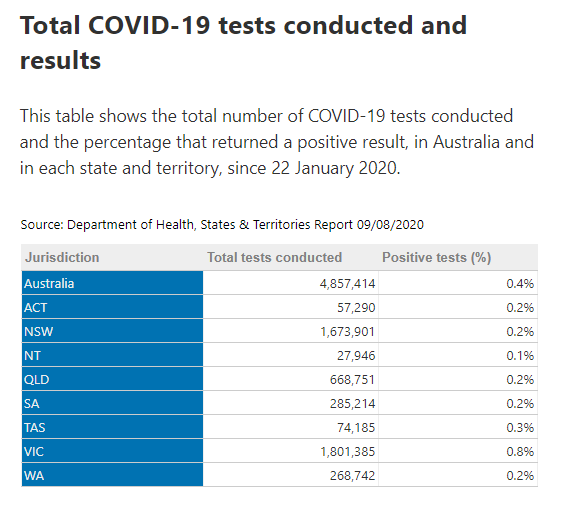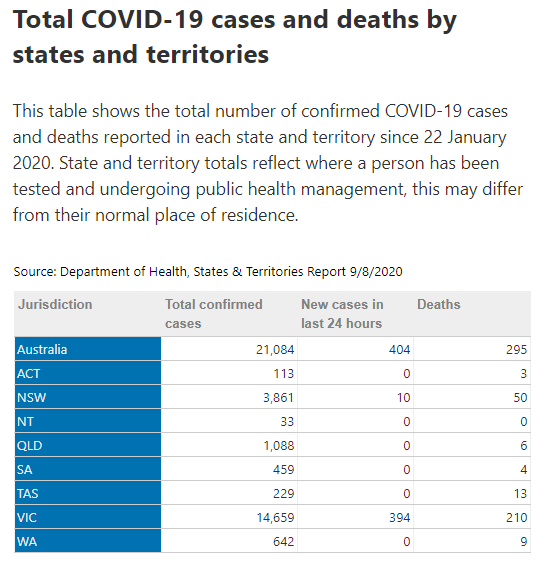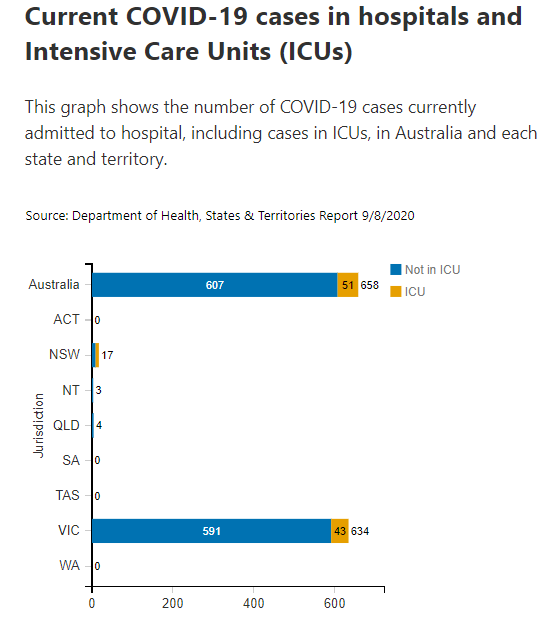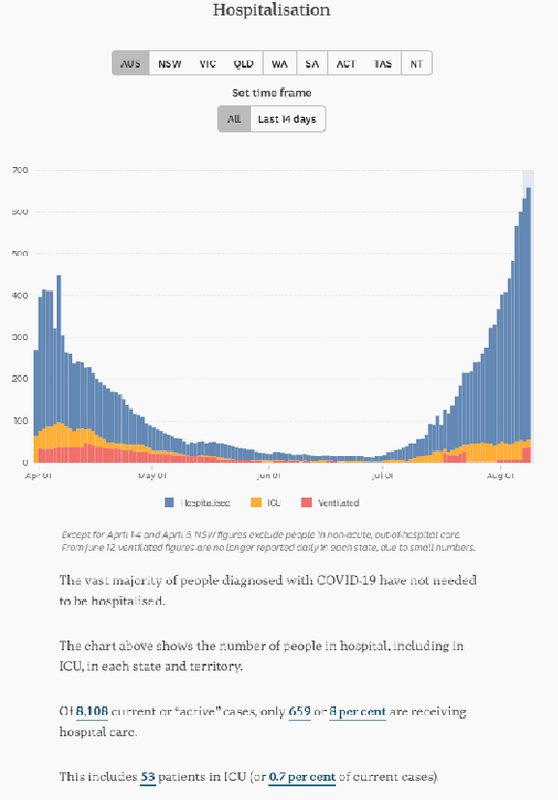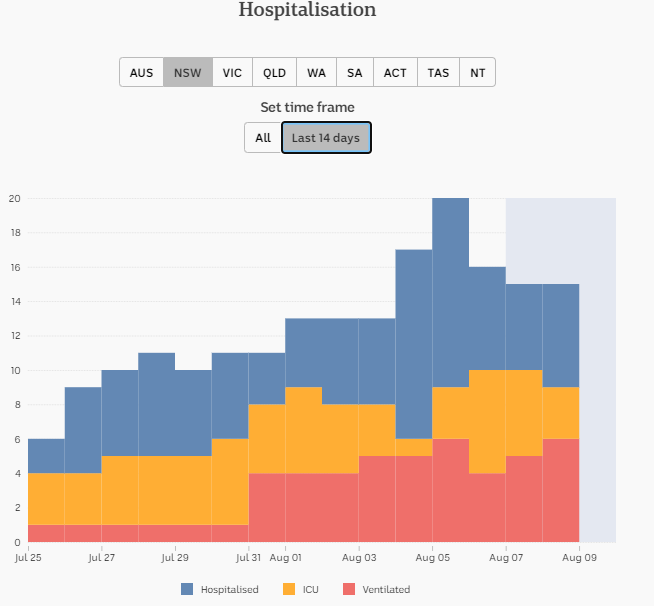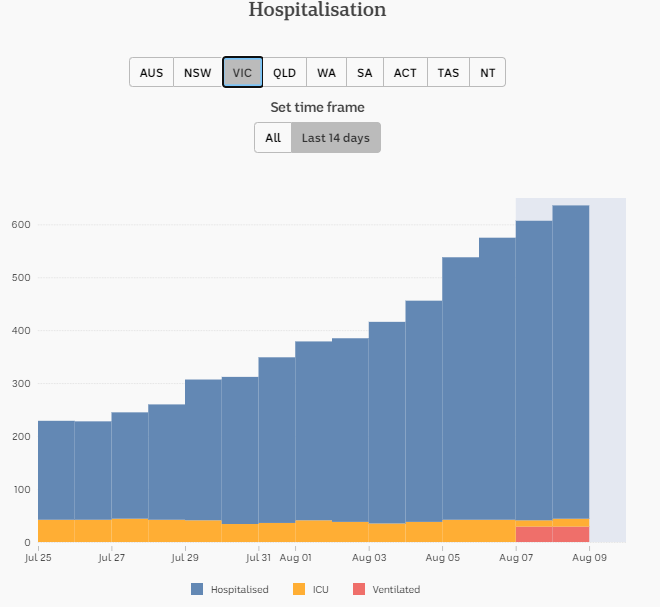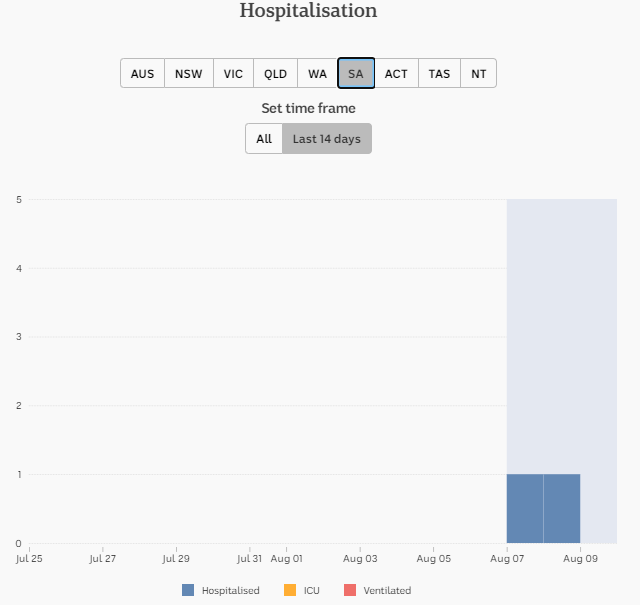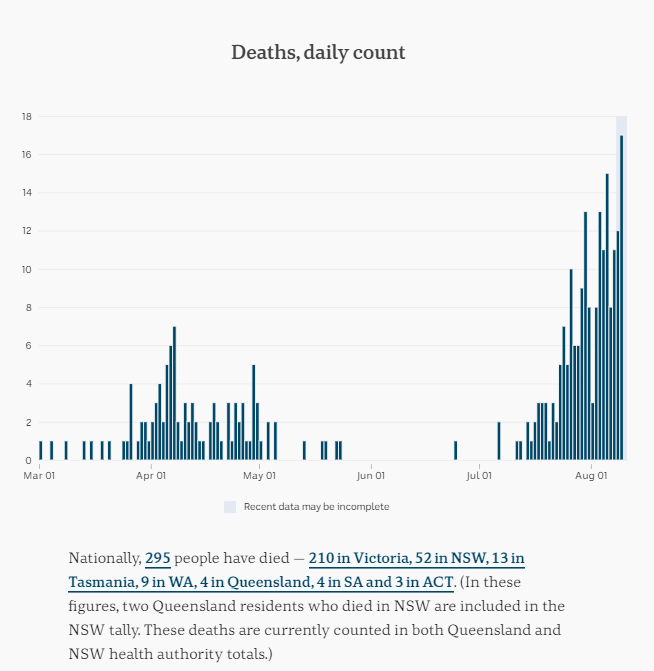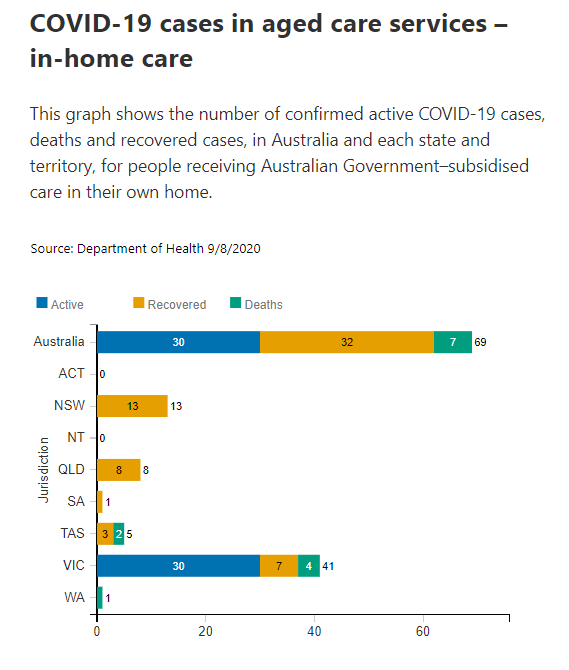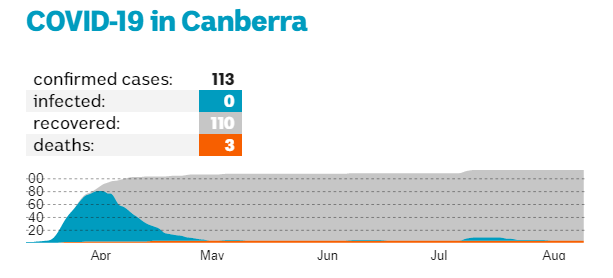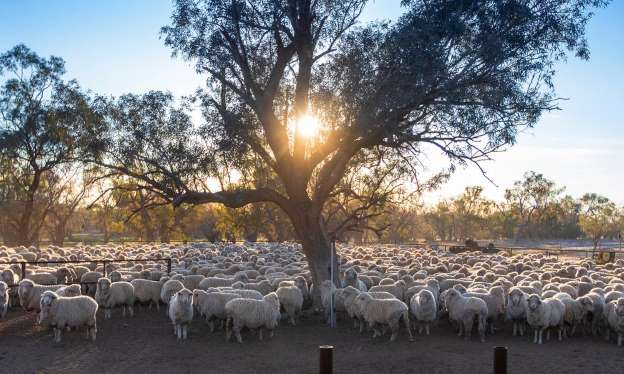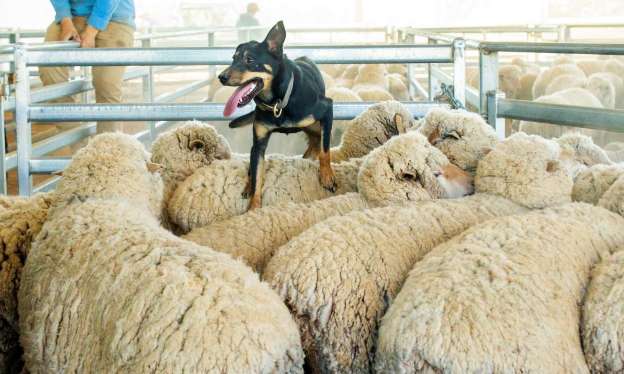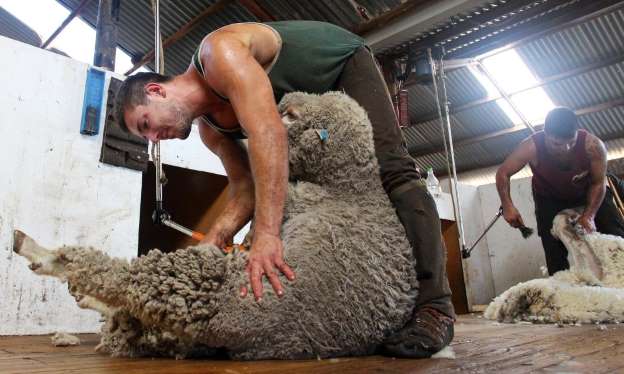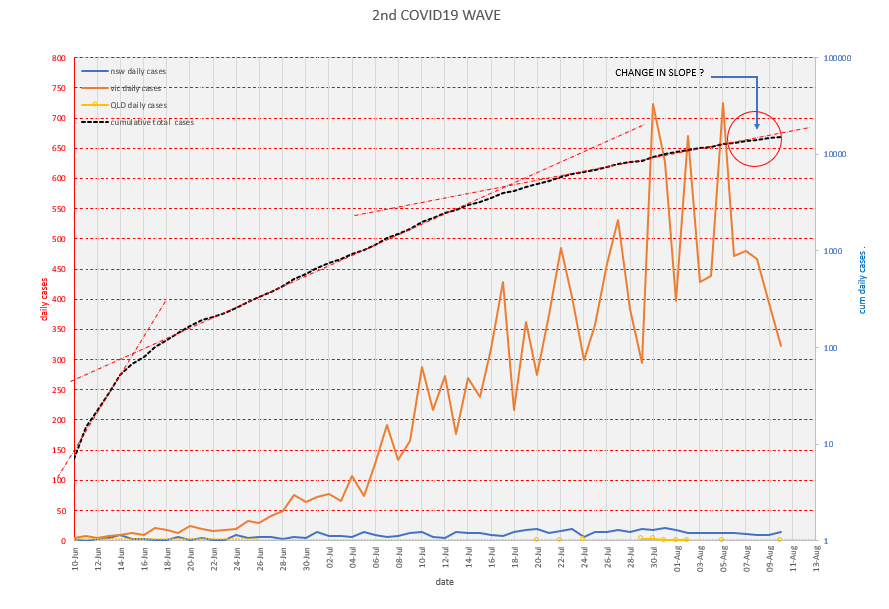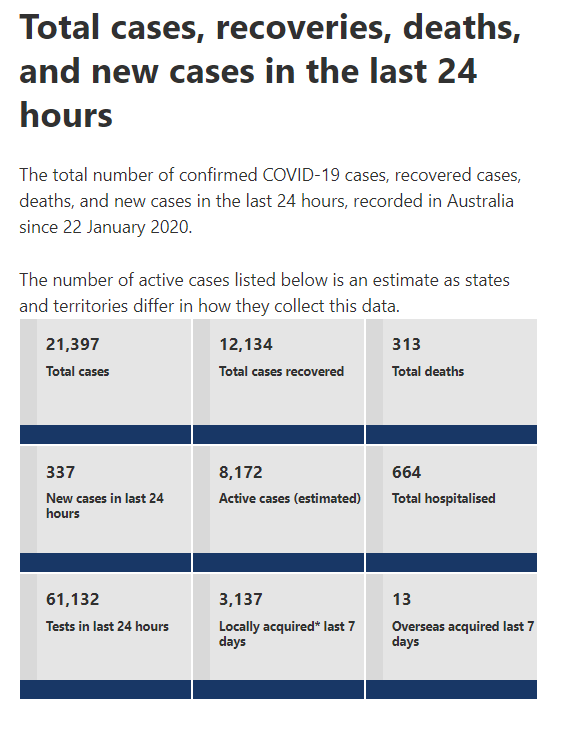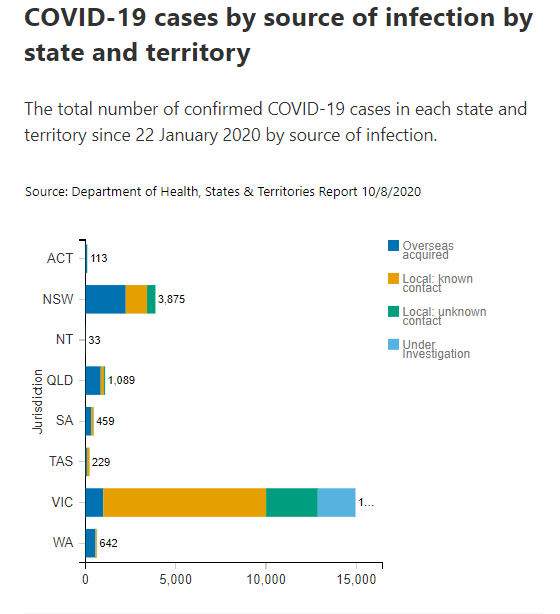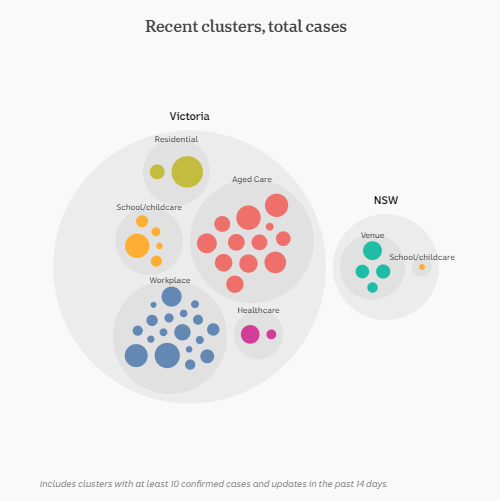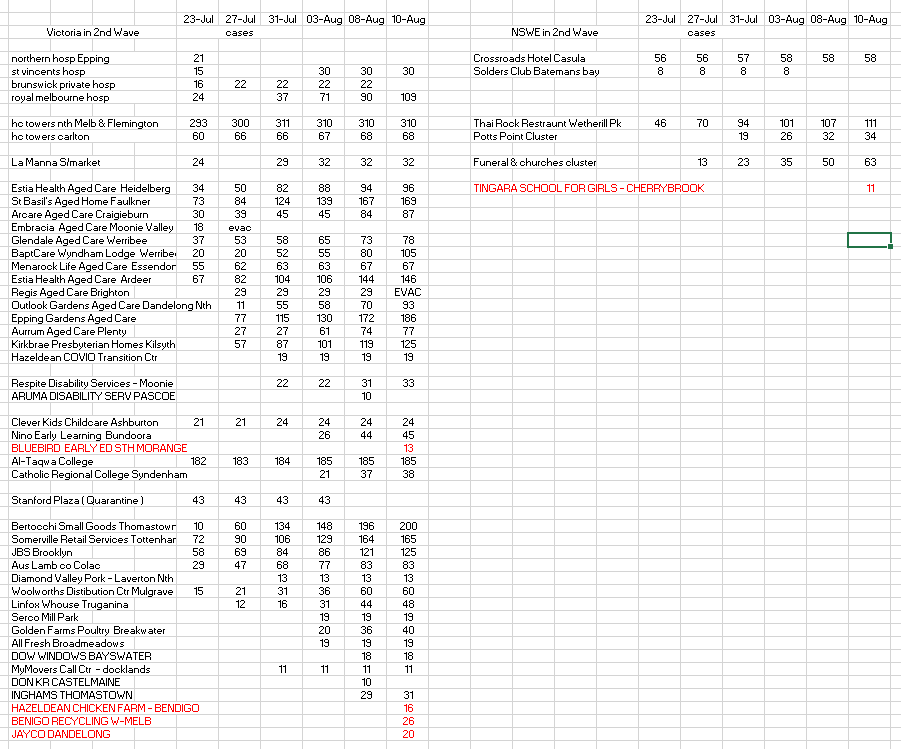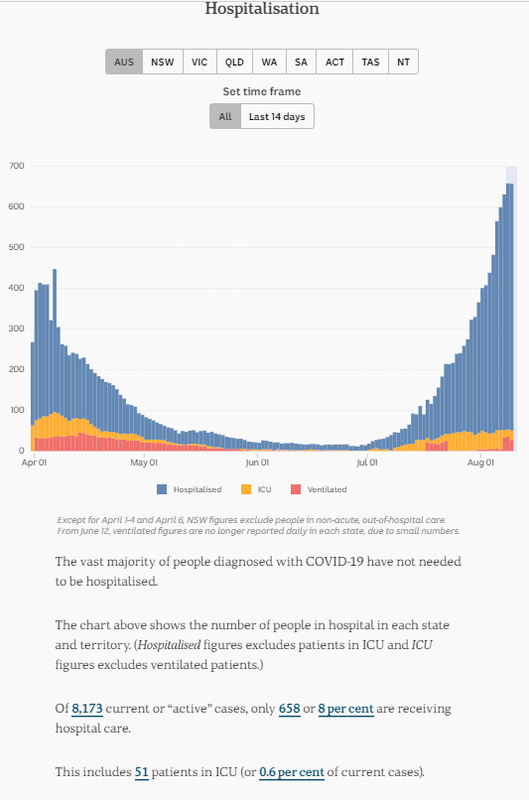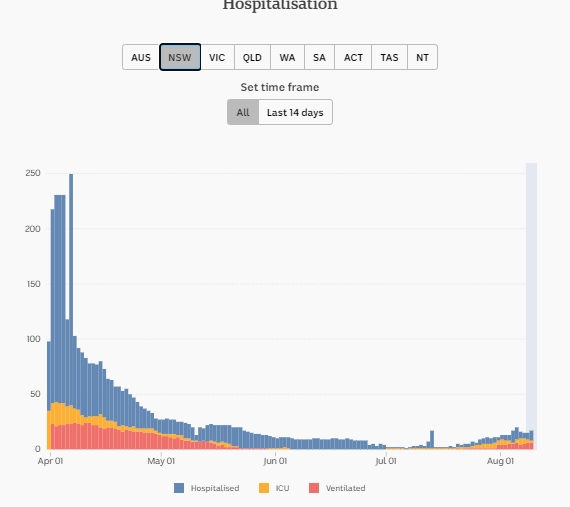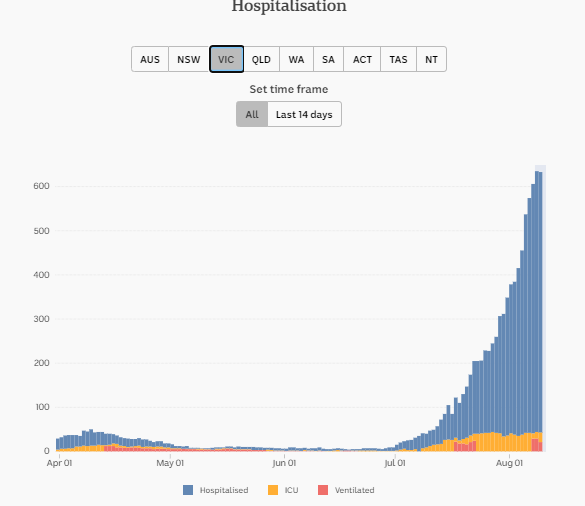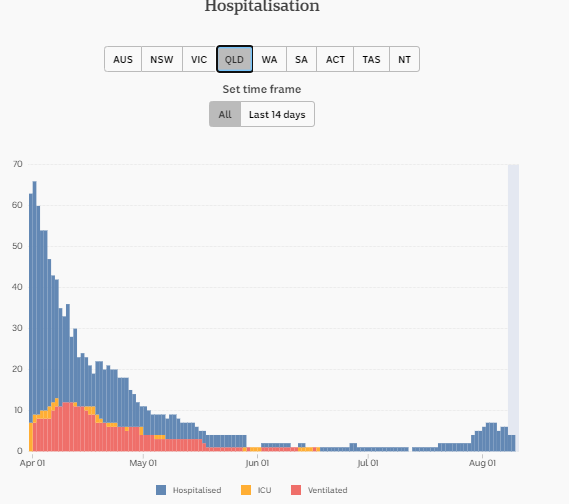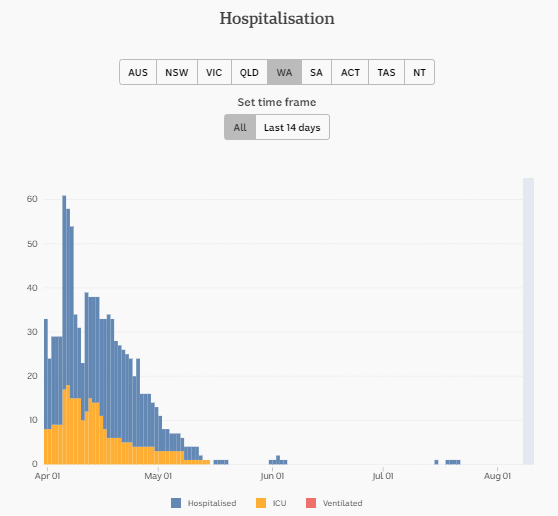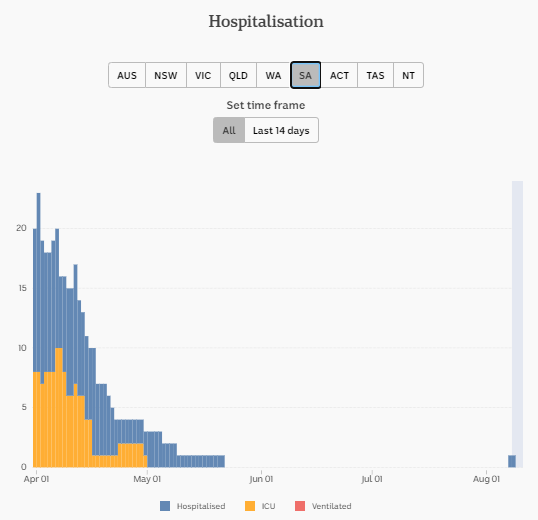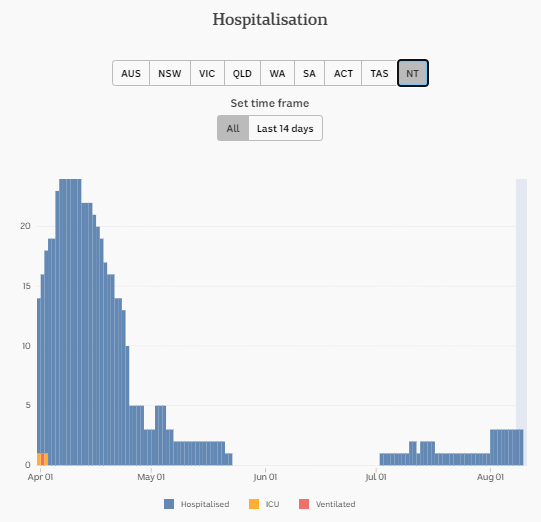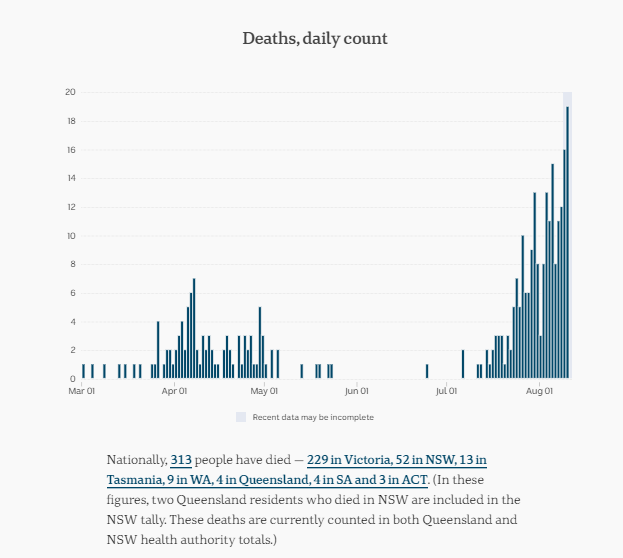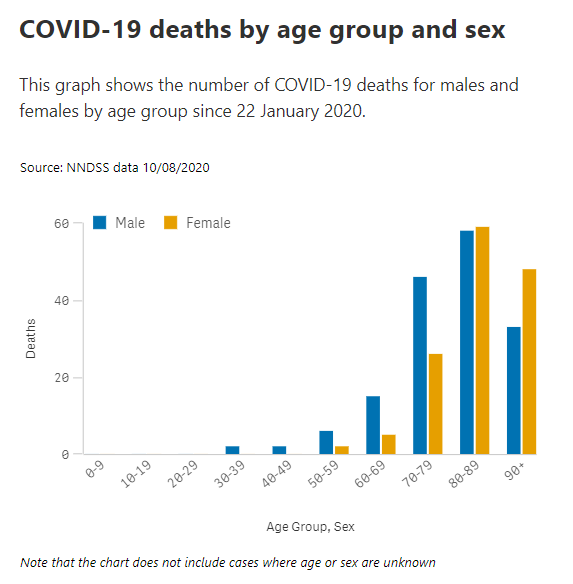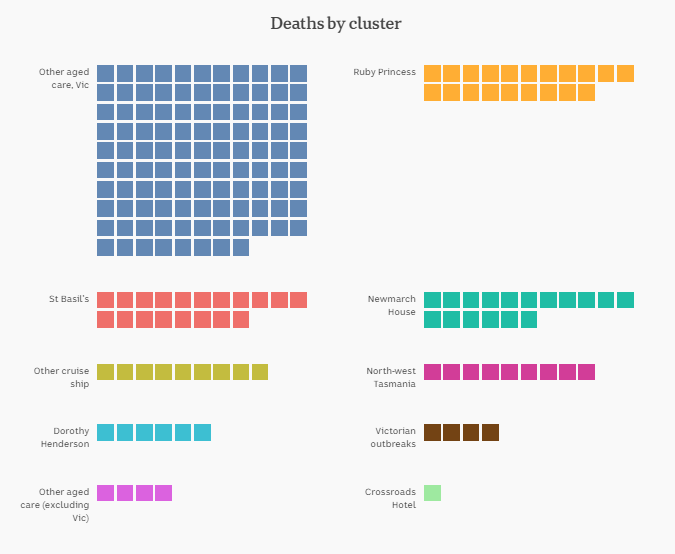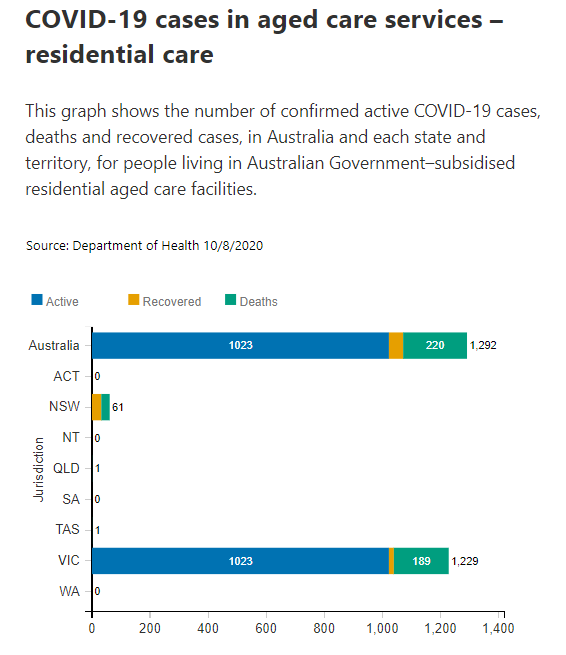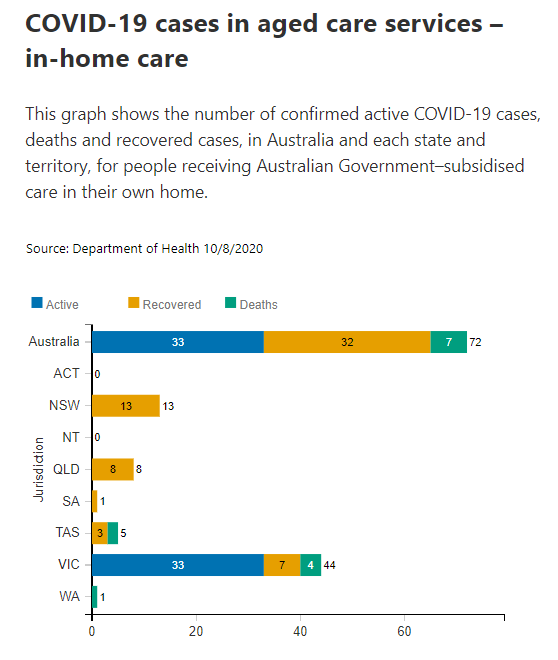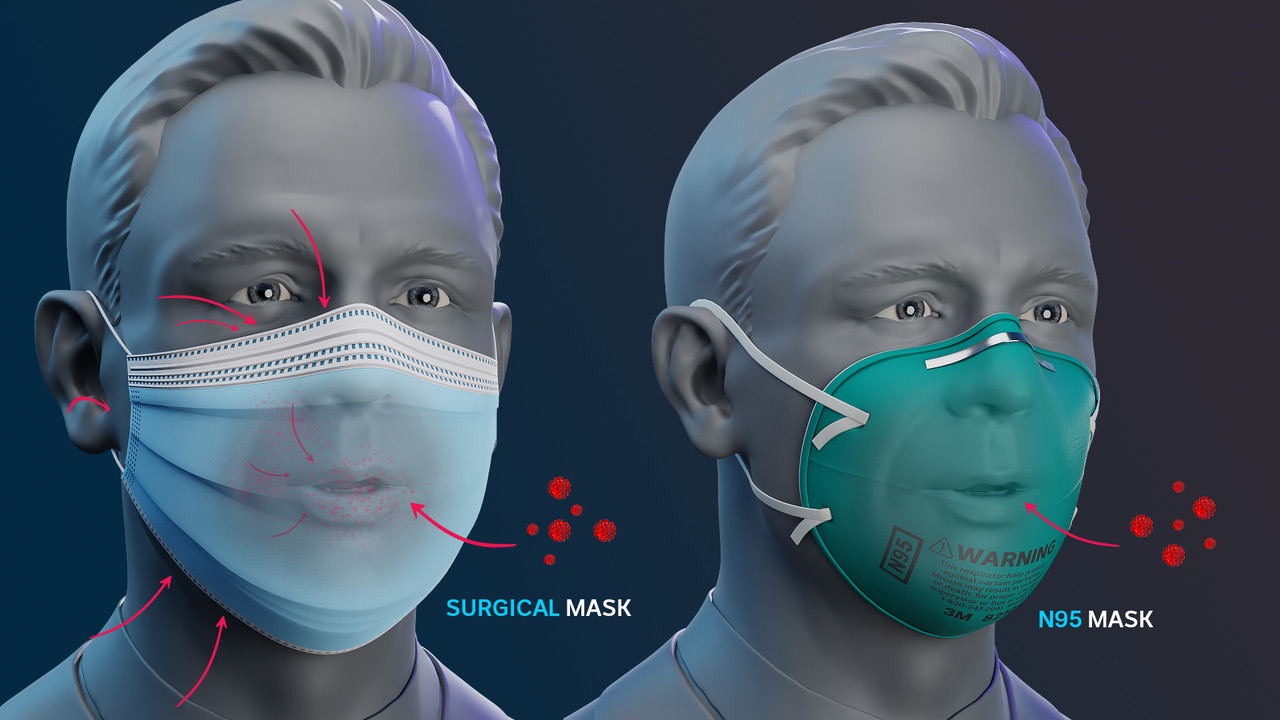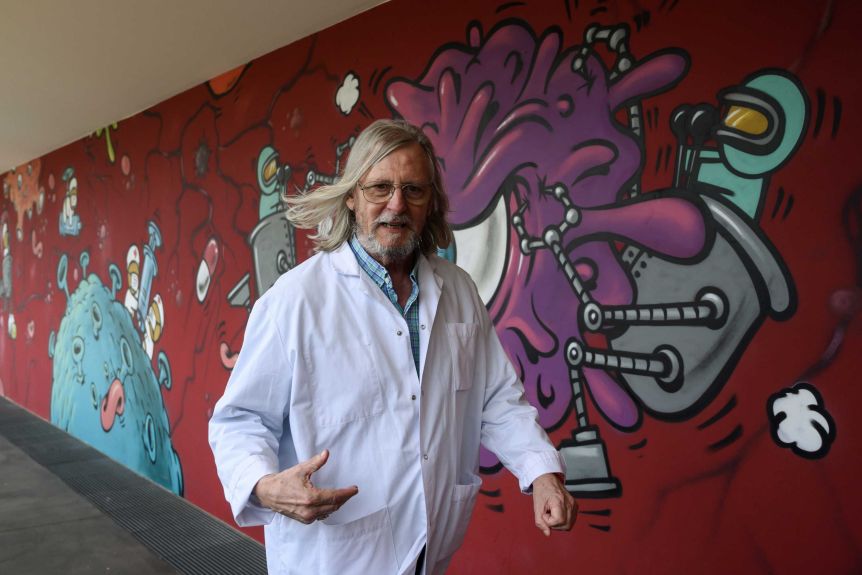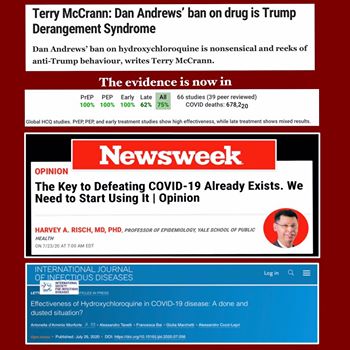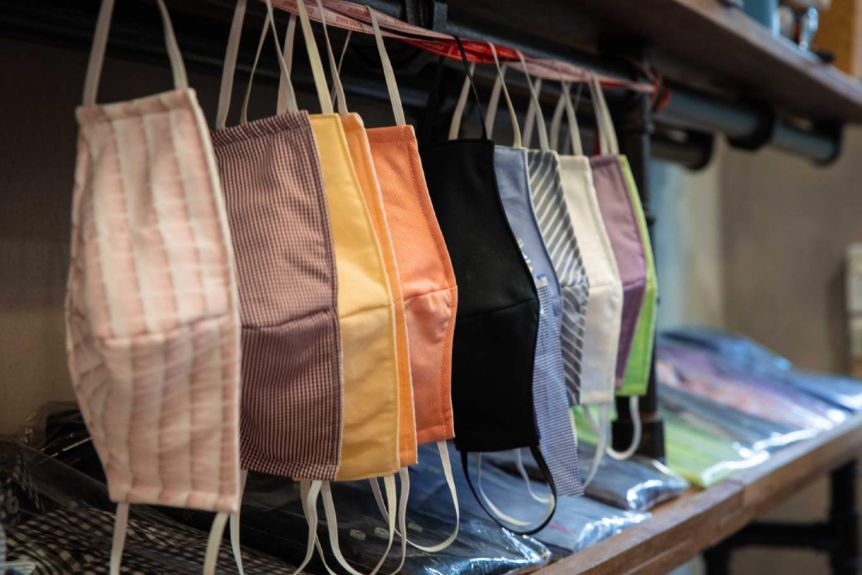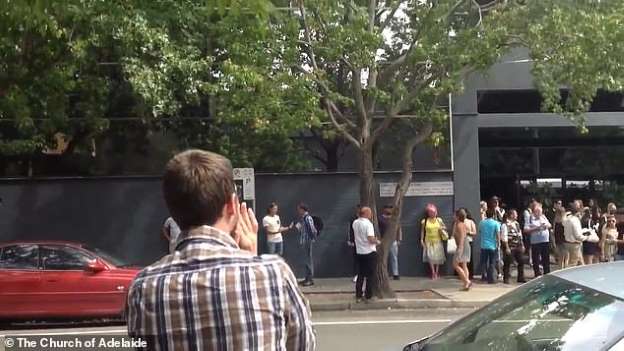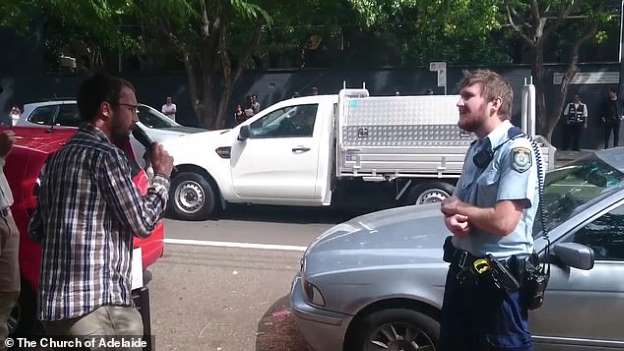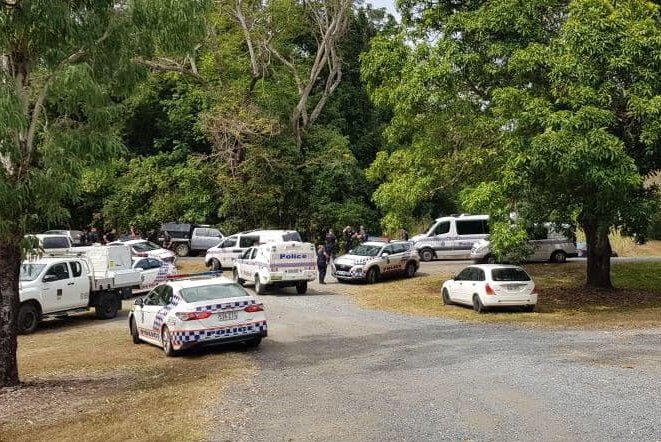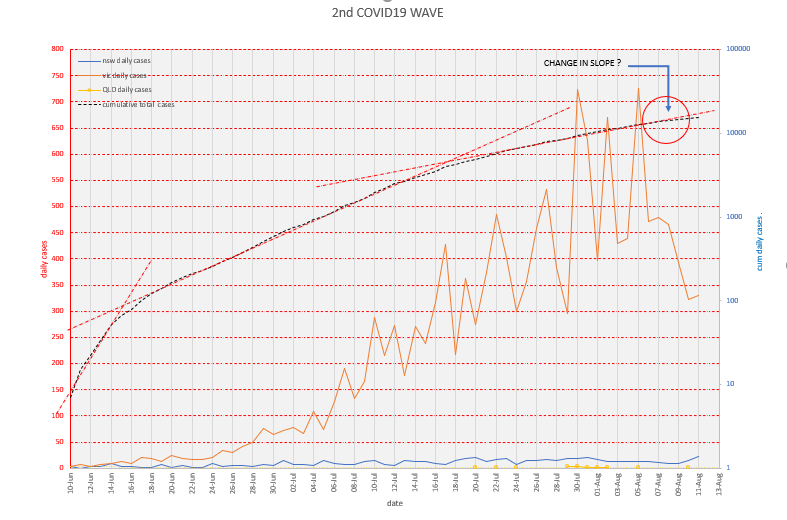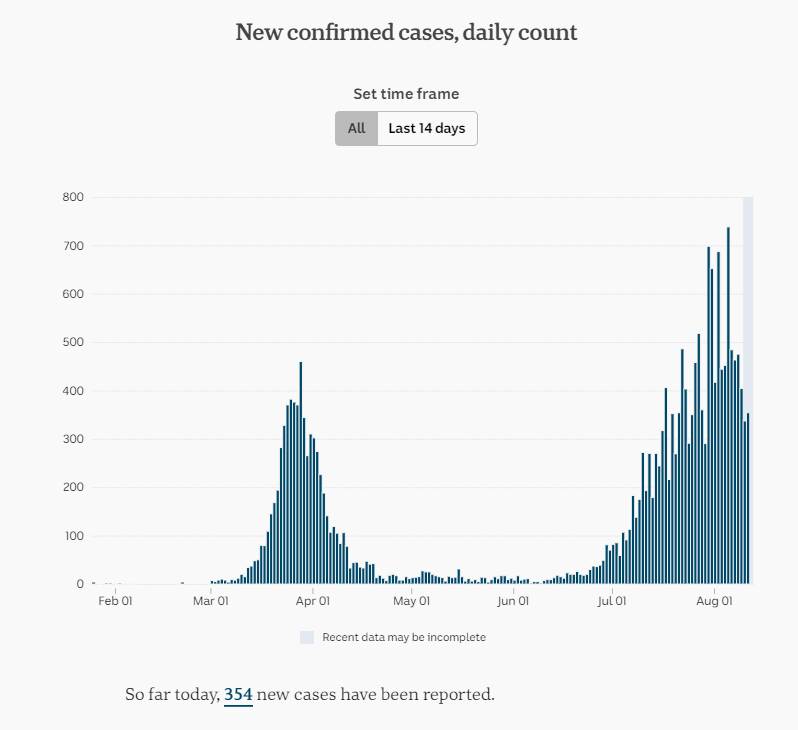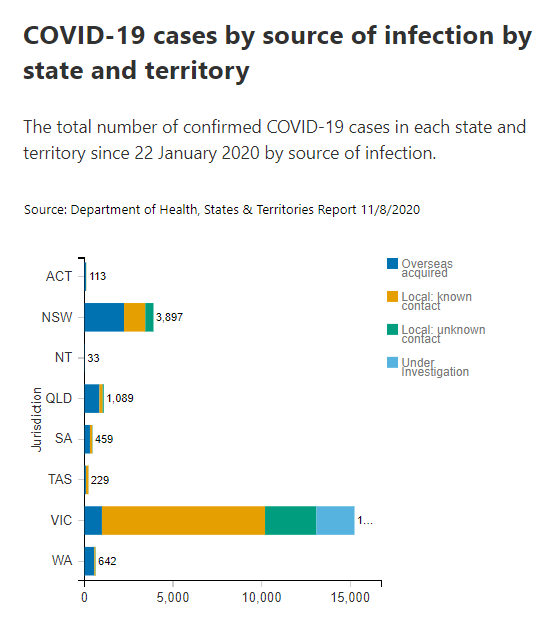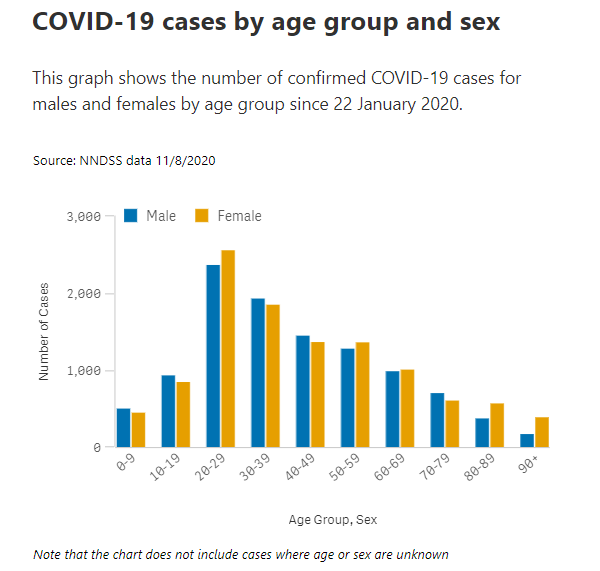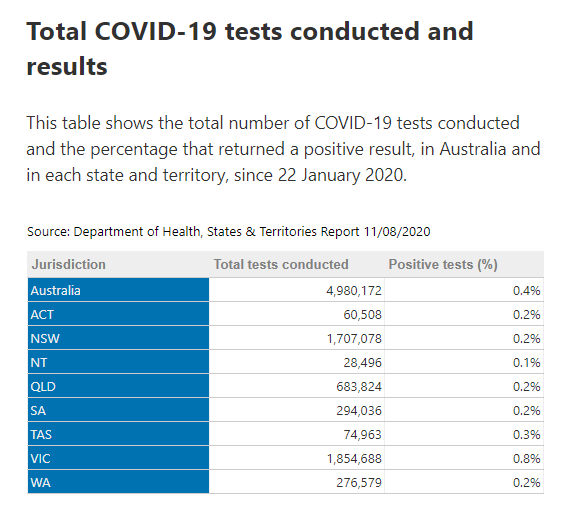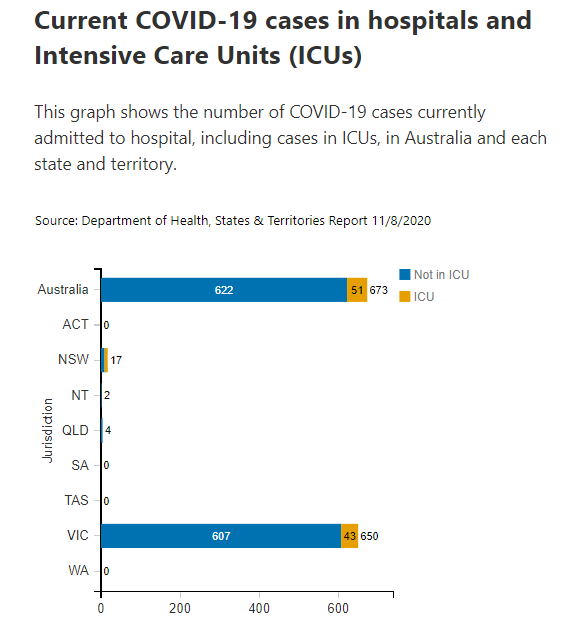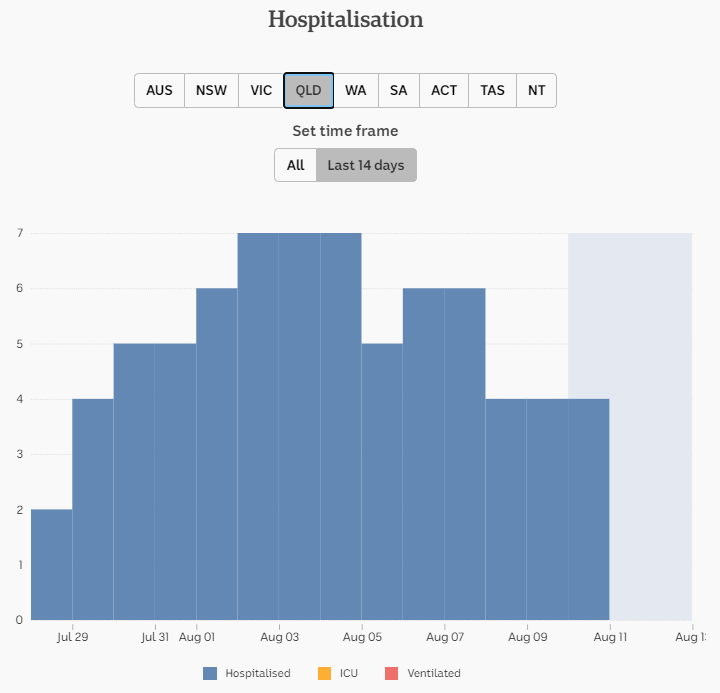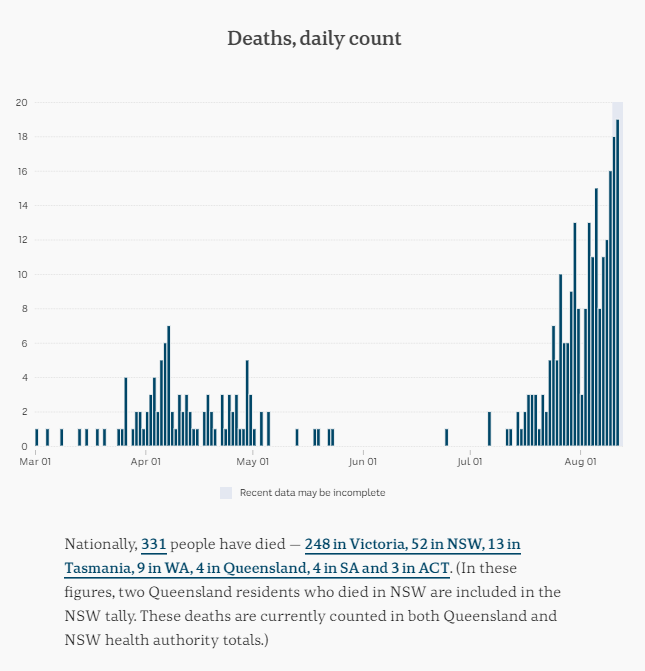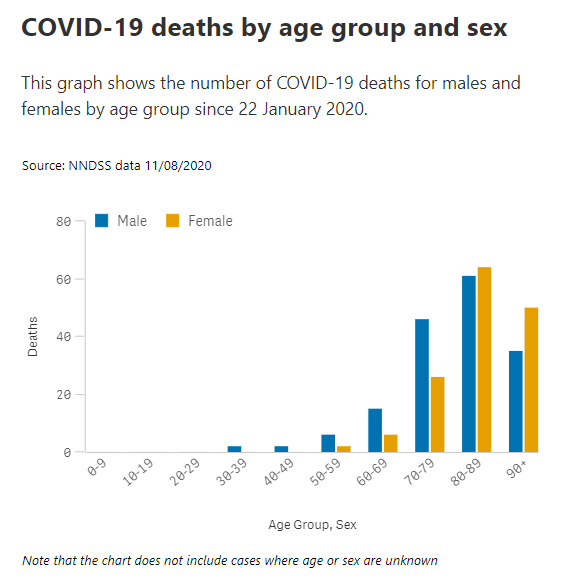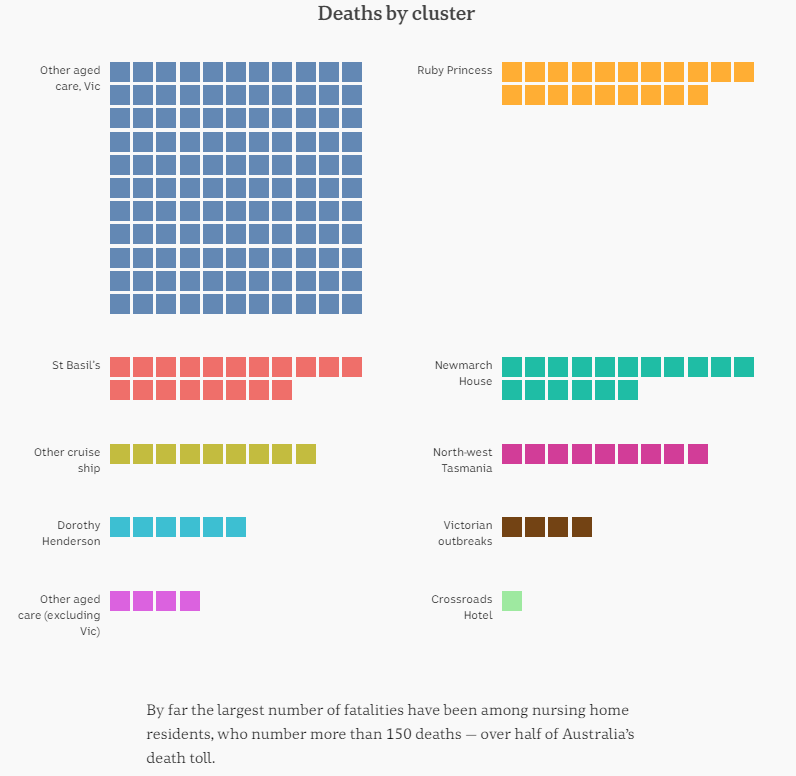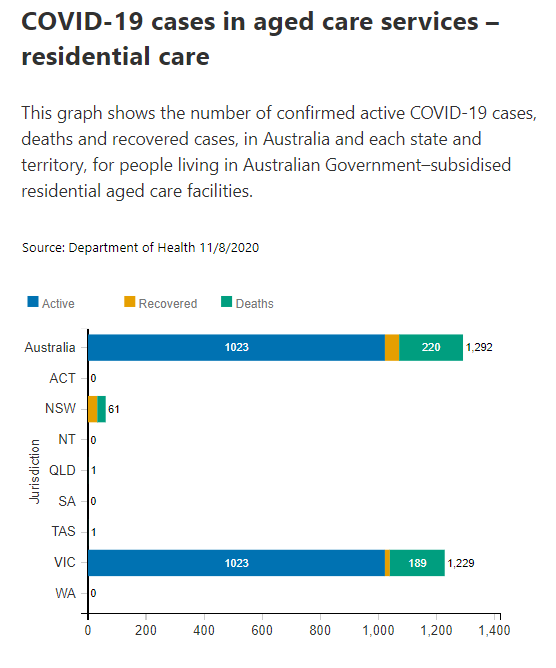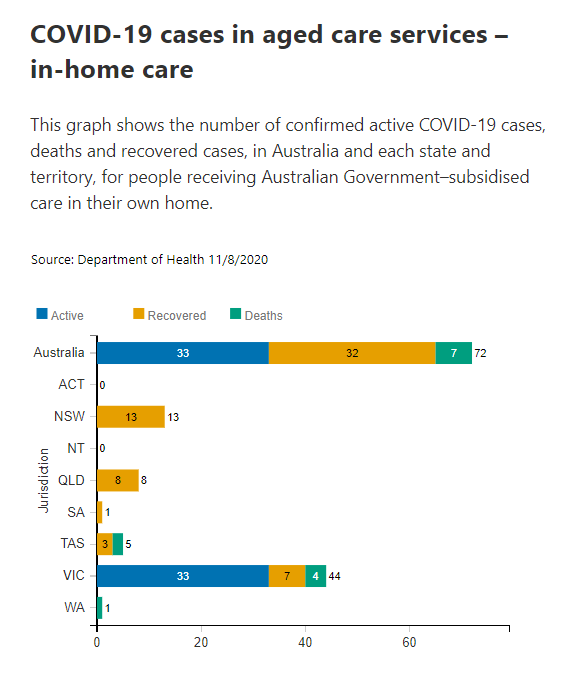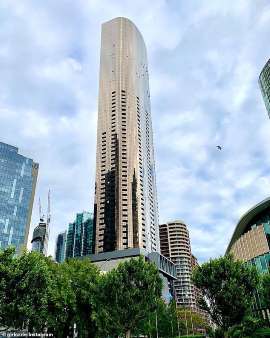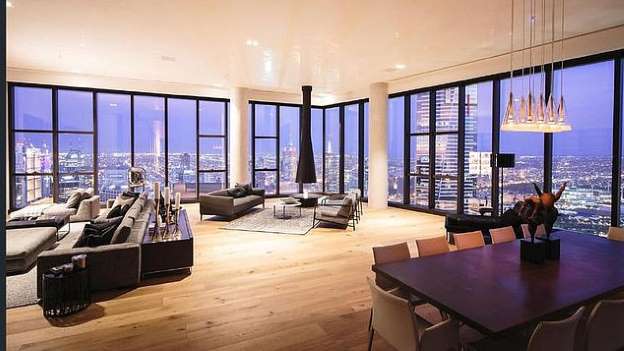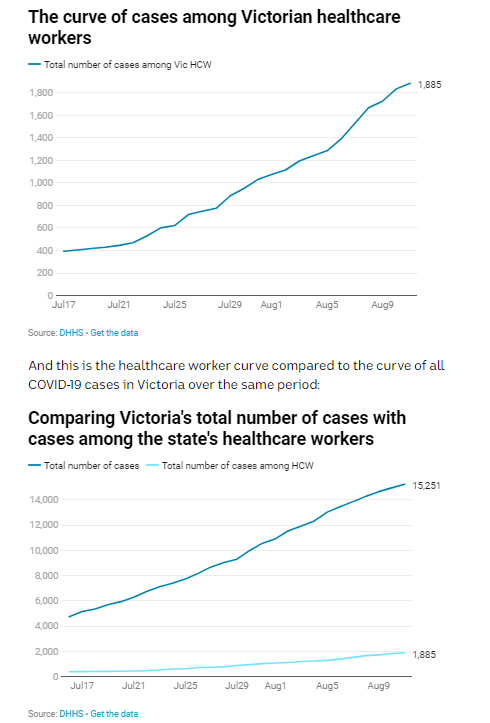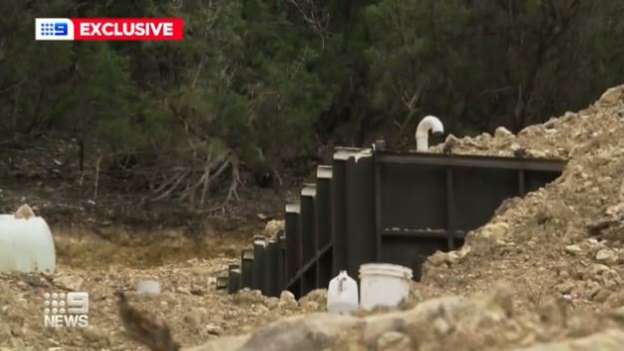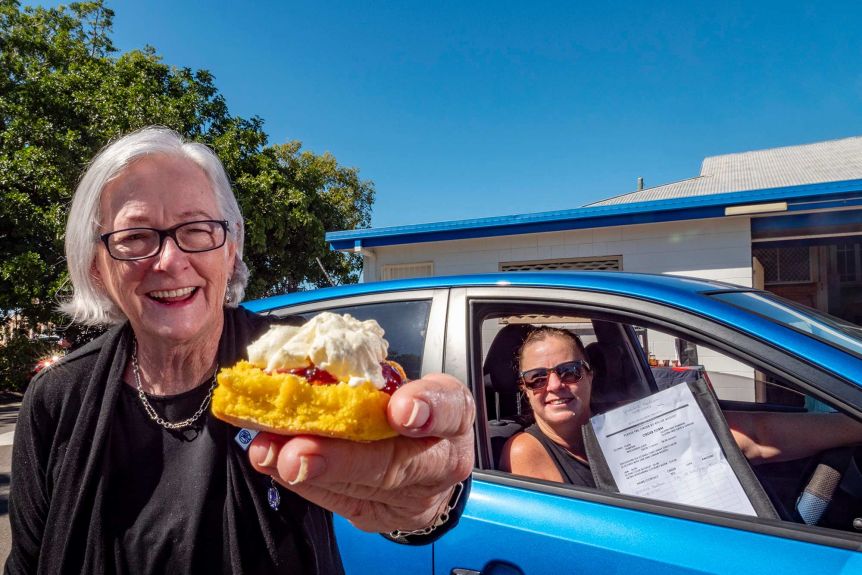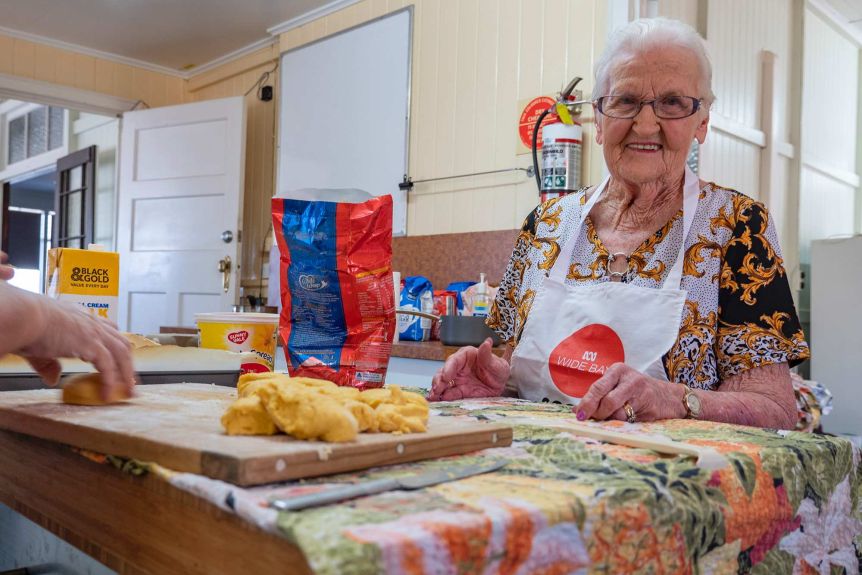8 AUGUST QLD
Queensland records no new cases on 200th day since start of pandemic
NSW – QLD BORDER
Travellers told to expect delays as Queensland locks down borders
Two hour wait to cross NSW-Qld border last night
142 people turned around at NSW-Qld border
8 AUGUST NT
Coronavirus means fewer health specialists visit the NT. What's the plan post-election?
Country Liberals election comeback under threat in Katherine from coronavirus and Territory Alliance
8 AUGUST WA
Western Australia's border might not open for a YEAR
WA doctors demand PPE, as COVID-19 anxiety grows
WA Government unveils plan to spend $150 million on tourism under coronavirus plan
https://www.abc.net.au/news/2020-08-08/wa-government-to-spend-150-million-dollars-on-tourism-upgrades/12537930
Kimberley region hosts the Derby Bullerama and Picnic Races
https://www.facebook.com/DerbyVisitorCentre/posts/3168148519950050
8 AUGUST FEDERAL
New coronavirus payments help families with foster children, but advocates want ongoing assistance
8 AUGUST NZ
Ardern unveils $300m jobs fund during Labour re-election launch
Queensland records no new cases on 200th day since start of pandemic
https://www.msn.com/en-au/news/australia/queensland-records-no-new-cases-on-200th-day-since-start-of-pandemic/ar-BB17IinlQueensland COVID-19 snapshot:
Confirmed cases so far: 1,088
Deaths: 6
Tests conducted: 668,751
Queensland has recorded no new cases of COVID-19 on their 200th day since the state's first infection.
The number of active cases statewide is 11. The state has also near doubled their test rates, conducting 150,000 in the last fortnight.
https://twitter.com/qldhealthnews/status/1291918825135325184
The positive news comes as Queensland locks down its borders to NSW and the ACT today.
The state's Chief Health Officer, Jeannette Young, said the results were "excellent news", however it she was not certain the state had escaped a second wave.
"It is really, really important we don't relax," Dr Young said.
"I hope we've avoided the worst but we need to check to see what happens tomorrow and Monday before we can say for sure."
Coronavirus outbreak risk remains real, Queensland authorities warn, as border shuts to NSW and ACT
https://www.abc.net.au/news/2020-08-08/coronavirus-queensland-outbreak-still-possible-this-weekend/12530256Key points:
Medical authorities agree this weekend is critical if Queensland is to prevent a fresh outbreak
The Queensland border is now closed to everyone from NSW and the ACT
With the Queensland border now closed to some 14 million Australians, authorities have warned this weekend is no time to ease off on social distancing and undo the hard work that has prevented another major COVID-19 outbreak.
There is a growing sense Queensland might have avoided a disaster after serious concerns about two women who acquired coronavirus in Melbourne and spread it to three others last week.
Chief Health Officer Jeannette Young said there was still a risk of community transmission this weekend, even with the border shutting to Victoria, New South Wales and the ACT from 1:00am (AEST).
"We can start to think we might be able to relax at the start of next week if we have another two days of no new community acquired cases," she said.
"It's too soon to relax, it's far too soon — we've still got to be really, really careful and diligent as we continue to go forward.
"So please, we can't yet relax this weekend. It is really important if anyone is unwell, or develops any symptoms, to isolate and get tested.
"This weekend is critical, it will be a tough decision to make on Monday [easing restrictions] if we have seen large breaches of my directions — then I will have to take that into consideration about the advice I give the community."
University of Queensland virologist Ian Mackay said he was surprised the latest outbreak had sparked so few new cases.
"I do not think it is luck, I think it is the really hard work of our expert crack troops who work in public health in Queensland," Dr Mackay said.
"It shows that what it really takes is cutting down movements, isolating people from people — so infected people from non-infected people — and really just looking to test and find all those cases.
"When you do that you can see the virus doesn't just spread randomly, it does need prolonged contact and close contact, so it holds true today as it did back in January."
Dr Mackay agreed Queensland was at a critical containment juncture this weekend.
"It is a critical weekend because it is possible people may have been incubating illnesses during the week and thought, 'oh I will hold off to get tested until the weekend'," he said.
"We need to put as much time behind us as we can to be absolutely sure that there are not little clusters out there that have been percolating or incubating and about to flare up."
'Extremely busy night' for hotel quarantine
In the toughest border crackdown Queensland has seen since the pandemic began, nearly 14 million Australians from Victoria, New South Wales and the ACT have been banned from entry.
Queenslanders who missed the 1:00am deadline to get home now have to fly in and quarantine at their own expense.
Chief Superintendent Mark Wheeler from Queensland Police said there were lengthy delays as people attempted to get into Queensland before the border closed.
"Between 1:00am and 6:00am this morning we had to turn around 142 people at the borders here," he said.
"Unfortunately that included 18 Queenslanders who had to be turned around and then will obviously have to make their way back into Queensland by air.
He said 64 people were put into hotel quarantine in the last hours before the border closed.
"Between 10:00pm and 1:00am we did see an influx of people requiring quarantining," he said.
"So these were people, Queenslanders, returning home before that 1:00am deadline.
"It was an extremely busy night for our hotel quarantine people."
He said there was also a very long line-up of cars with delays of more than 90 minutes.
"Having to work with some of those people on the side of the road, to explain what the situation was, of course created some of those delays," he said.
Tweed resident Anne Luder was stopped at the Coolangatta checkpoint this morning because the pass she printed yesterday was no longer valid.
SES volunteers were on hand to help her obtain a new Border X pass, allowing her to move freely between the border zone.
"I don't mind doing any of this," she said.
"I'd rather be doing this than being in lockdown."
'Happy to keep the southerners out'
Goondiwindi Regional Council Deputy Mayor Rob McKenzie said the council was not consulted on the 'border bubble' and local government areas would have been more appropriate than postcodes.
"You can drive 100 kilometres around this country and not blink an eye," he said.
"Just to go to town get essential needs, do business, see a doctor, kids to go to school even and you might go three postcodes.
"It's really causing a lot of headaches."
"Farming and agriculture not being able to access some of the essential workers they need such as agronomists to make sure their crops get sprayed at the right time … it's very very important," he said.
Farmhand Peter Paesler works on properties on both sides of the border but remained optimistic.
"It's just the waiting … printing off paper after paper," he said.
"Prevention is better than cure.
"We're happy to keep the southerners out."
Restrictions can trigger 'distress' and 'anxiety'
Counselling psychologist Christine Bagley-Jones said the ever-changing border rules and tough on and off again restrictions are causing high levels of anxiety in people.
"I feel like it is having a huge impact on people that are usually very calm by nature simply because of the continual flux," she said. "I think at the very mildest form it would definitely be a sense of being unsettled and unsure about what tomorrow might bring and in a more severe sense, distress presentation like severe anxiety. Especially for people who have a history of anxiety.
"They are scared and they are also not use to having to operate in his very compliant way so it is hard for the mind to suddenly feel comfortable with getting up each day and conducting yourself normally, because there is no normal anymore.
"That can lead to a sense of being overwhelmed.
"People who have concerns about their health can be really triggered by hearing about how close to the bone we are in terms of kicking off more cases in Queensland.
"And we have to remember we are all vulnerable to this pandemic and just because we are sitting sweet at the moment, it does not mean it is going to be like that in the future if we let our guard down.
She was not surprised about people falsifying border declarations or trying to "sneak" over the border with such onerous restrictions now imposed.
She said because we live in a democratic society, we are not used to being told what to do, and being fined or facing jail time for doing the wrong thing.
"Unfortunately the rebel in a lot of us makes it hard for us to just feel happy and content for us to oblige by what the new rules are," she said.
"There seems to be some sort of innate element in a lot of us, that just wants to push back.
"We then have to have that override button in our mind that says no, this is for the greater good, this is for my benefit.
"There is logic in the restrictions."
She said the state had to keep a close eye on NSW.
Ms Young said the number of people attempting interstate travel needed to decrease to avoid the spread of the virus and relieve pressure on authorities attempting to deal with the new border restrictions.
"We need to reduce the number of people crossing the border. There are just so many people attempting to cross the border," she said.
Brisbane refugee protest on Story Bridge postponed as police voice coronavirus concerns
https://www.msn.com/en-au/news/brisbane/brisbane-refugee-protest-on-story-bridge-postponed-as-police-voice-coronavirus-concerns/ar-BB17HDlQ?ocid=msedgntpA refugee protest planned for Brisbane today has been postponed after Queensland police met with organisers.
Local authorities had voiced concerns that the planned sit-in on the Story Bridge in the city's CBD would seriously increase the risk of another coronavirus outbreak.
Organisers announced on social media overnight that the demonstration would be put on hold for a week.
About 3,000 people had expressed interest on social media in attending the protest.
"We're postponing our Mass Sit-in on the Story Bridge #FreeTheKP120 by one week," said a post on the Refugee Solidarity Brisbane/Meanjin Facebook page.
"We're going to use that week to better prepare ourselves to resist police threats of violence and repression, and ensure the safety of the people coming to our action."
Yesterday afternoon, Queensland Police Service (QPS) reached an agreement with protest organisers to meet next week to listen to their demands.
Today, the state's Attorney-General Yvette D'Ath won a Supreme Court action to "cancel" the protest.
"The Supreme Court has banned organisers from attending the planned protest and prohibited them from encouraging others to attend," she said.
"The organisers have also been ordered to publish a notice on Facebook and other platforms telling their followers that the protest has been cancelled."
As of 1:00pm Saturday, they were yet to do so.
Activists have been protesting against the detention of about 120 refugees and asylum seekers in the Kangaroo Point Motel, under the Federal Government's medevac laws.
Refugee Action Collective Queensland and Refugee Solidarity Brisbane/Meanjin have been threatening to shut down the nearby Story Bridge if their demands are not met.
Their three demands are:
No more forced transfers to high-security facilities
Permission for those in detention to exercise and connect with the community
Detainees to be released by Christmas
In the Facebook post, the organisers said they postponed today's sit-in "in good faith", despite having reservations about what would come out of next week's meeting.
"QPS lie ... we don't trust them," the post said.
"But we’re willing to take their offer of a meeting in good faith — our friends want free movement, and we've gotta take the shot."
As of Saturday morning Queensland had gone five days without reporting any new cases of coronavirus.
The state shut its southern border to New South Wales on Saturday morning.
Planned protest shut down by Supreme Court
The Supreme Court of Queensland has ordered an injunction on a planned protest today in Brisbane.
It means the organisers are not permitted to attend or promote the protests.
They must notify their followers that the demonstration has been cancelled.
"I'm sympathetic to the cause of these protesters but now is not the time to put the lives of Queenslanders at risk," Deputy Premier Steven Miles said.
"They should not be causing chaos on the streets of Brisbane."
NSW – QLD BORDER
Travellers told to expect delays as Queensland locks down borders
https://www.msn.com/en-au/news/australia/travellers-told-to-expect-delays-as-queensland-locks-down-borders/ar-BB17I2FQ?ocid=msedgntpQueensland's hard border lockout is now in force with millions of people from NSW and the ACT banned from entering.
From now on, anyone who has been in a hotspot will have to quarantine at their own expense and return travellers will have to drive themselves to an airport in NSW and fly into Queensland.
The website for people to access border passes is now up and running, however people have been told to expect lengthy days as the day goes on with traffic getting heavier throughout the morning.
This morning saw a trickle of cars crossing various border checkpoints allowing police to stop and check cars for the valid border passes.
Police have said they understand checking all vehicles is a time-consuming exercise however they have made no apologies, insisting the measures are necessary to protect the state against the spread of the virus.
https://twitter.com/maccolahan9/status/1291516923906162691
Border towns will have a special bubble for those living in NSW but living in Queensland or vice versa. This means you can cross freely but no further north or south outside that bubble. The bubble includes people living in the Tweed Heads and Gold Coast council areas.
Police have told 9News confusion over border passes has already contributed to delays this morning with people stopping to ask authorities questions about the border bubble.
Police have asked people to access information about the bubble online to avoid longer delays for essential travellers.
Two hour wait to cross NSW-Qld border last night
https://www.msn.com/en-au/news/australia/two-hour-wait-to-cross-nsw-qld-border-last-night/vi-BB17HV5Y?ocid=msedgntpThere was a last minute dash from New South Wales into Queensland last night.
142 people turned around at NSW-Qld border
https://www.msn.com/en-au/news/australia/142-people-turned-around-at-nsw-qld-border/vi-BB17HQKL?ocid=msedgntp8 Queenslanders will have to quarantine at their own expense upon crossing the border.
8 AUGUST NT
Coronavirus means fewer health specialists visit the NT. What's the plan post-election?
https://www.msn.com/en-au/news/australia/coronavirus-means-fewer-health-specialists-visit-the-nt-what-s-the-plan-post-election/ar-BB17HZTH?ocid=msedgntpAndrew Veal from Humpty Doo in Darwin's rural area is scared he'll lose the ability to walk altogether before getting the spinal surgery he needs.
The 56-year-old can walk for only about two hours a day and describes the pain he lives with daily as "excruciating".
"I've got a fractured vertebra, it's got several fractures in it and the hole for the spinal cord to go through is almost closed up — it's about half a millimetre thick and it compressing all the nerves in the spinal cord," Mr Veal said.
"The doctor said I'll be unable to walk if it's not operated on."
Mr Veal first saw a neurosurgeon at Royal Darwin Hospital in November 2019, and was referred on to a visiting interstate specialist.
In March, the 56-year-old saw a specialist from Sydney and Mr Veal said he was told his operation had been classified as a category one and he needed the procedure within 30 days.
That same month, NT Health postponed all category two and three surgeries to conserve resources such as personal protective equipment (PPE) and to give Territory hospitals time to prepare for an influx of COVID-19 patients.
A few weeks later, when Mr Veal called the surgical team to check when his procedure was scheduled, he said he was told his operation was actually a category three and had been postponed.
Now, nearly five months later, Mr Veal has still not had his operation and said the pain was "getting worse and worse every day".
Mr Veal was one of hundreds of Territorians who had their operations delayed during the coronavirus pandemic and lives with uncertainty due to a lack of visiting specialists.
The ABC has taken a look at the NT's specialist health coverage after a reader asked the NT 2020 election You Ask, We Answer project to investigate.
It has become apparent that during the COVID-19 lockdown, there are less specialist medical services because these specialists cannot or will not fly in. What will a future government do to ensure Darwin and rest of the NT has good specialist health coverage? — Ann, Northern Suburbs
Here's what we found.
What is happening with visiting specialists?
NT Labor Chief Minister Michael Gunner said, as he understood it, elective surgeries across the Territory had now "gone back to normal".
But Mr Gunner also said there was still an issue getting specialists to travel to the NT because many health experts were either reluctant to travel during the pandemic or unwilling to quarantine upon their arrival.
"Some surgeons want to stay in their home town, so surgeons are either not travelling or not wanting to do the 14 days' quarantine when they get here," he said.
Australian Medical Association NT branch president Dr Robert Parker agreed that the pandemic had deterred specialists from coming to the Territory.
"People like Andrew who require highly specialised types of surgeries, when you get visiting surgeons, it can obviously be interrupted by the whole issue of COVID and quarantining and the desire of specialists of people coming into the Territory," he said.
"The whole issue of travel and going back and forth in COVID I suppose has reduced the appetite of a number of specialists."
Dr Parker said the availability of surgeons for "super specialties" could be quite problematic.
"Unfortunately the Northern Territory doesn't have certain types of surgery usually available such as cardiothoracic surgery, because we don't really have the population to justify that level," he said.
In a statement, a Top End Health Service spokesman said the coronavirus pandemic had seen NT Health "face unprecedented circumstances" and they were now working with stakeholders to manage a list of those waiting for elective surgery.
"We have also seen a change in surgeons due to the need for health professionals throughout the nation to aid areas which are currently battling the pandemic," he said.
"We understand this is distressing for our patients and we sincerely apologise."
What about post-COVID?
NT Labor Health Minister Natasha Fyles, Country Liberal Party leader Lia Finocchiaro and Robyn Lambley from Territory Alliance were all asked, if their party was elected next month, what they would do to ensure Darwin and the NT more broadly had good specialist health coverage post-pandemic.
They all sang the praises of telehealth, which has helped connect Territorians with specialists from across Australia and overseas during the pandemic.
But none of the three parties detailed a clear plan to ensure there was good specialist health coverage for people across the Northern Territory's 1.421 million square kilometres if elected on August 22
"The COVID-19 pandemic has seen many adjustments in our day-to-day," Ms Fyles said.
"One significant change for health has been the uptake of telehealth, which has been exponentially expanded to provide Territorians with access to specialist health services despite the health emergency.
"A Territory Labor Government will continue to build on partnerships with other jurisdictions for highly specialised services."
The CLP is yet to announce health policy, but says it will do so prior to the election.
Ms Finocchiaro said they were committed to the provision of health services that were accessible for all Territorians — no matter where they lived.
"Telehealth has proven instrumental for Territorians who haven't had access to their regular services during the COVID-19 crisis and we will further explore its application to address shortages of specialist services," she said.
"Specialist medical services is just one health challenge the Territory is dealing with at the moment as a result of COVID-19, and we need to ensure there is a safe way for them to be delivered."We will work through the challenges that the COVID-19 crisis presents to ensure good specialist health coverage."
Ms Lambley, whose electorate is in Alice Springs, said there was no doubt that access to health specialists in the NT had been affected by the pandemic.
"Until our nation returns to normal, where people are able to travel, we will need to far more greatly rely on telehealth for access to specialists who are based interstate."
Country Liberals election comeback under threat in Katherine from coronavirus and Territory Alliance
https://www.msn.com/en-au/news/australia/country-liberals-election-comeback-under-threat-in-katherine-from-coronavirus-and-territory-alliance/ar-BB17HS6S?ocid=msedgntpKatherine small business owner Jocelyn Dunning is hoping for a change of government.
Her trucking operation shifts freight from Darwin and Katherine to remote communities.
She is tired of waiting for upgrades to the remote dirt roads her trucks rattle along every day and thinks Labor has neglected the region while pouring cash into the capital.
"Just look at the money that's been spent on Garramilla Boulevard — how many millions did that cost for a waste of a piece of road?" she asked.
"So much is spent in Darwin, the remote places don't get the support we deserve."
She thinks property crime in Katherine is another unsolved problem and does not believe the government's plans will fix it.
But it's not a Country Liberals comeback she is hoping for when Territorians go to the polls this month.
She's interested in new party Territory Alliance and thinks they have "some great policies".
"I think we need a change Territory-wide," she said.
Government's handling of coronavirus an issue
Before the last election, the Country Liberals had won every poll in Katherine since the seat was created three decades ago.
They lost it in a 13 per cent swing in the party's Territory-wide wipe-out in 2016.
But Labor's Sandra Nelson only won with the help of preferences and is now retiring after one term in office.
With a margin of just 1.6 per cent, Katherine is one of the key seats the Country Liberals have been hoping to reclaim in their attempted comeback from near-annihilation.
But they were not counting on the emergence of the Territory Alliance or the COVID-19 curveball.
Labor's handling of the pandemic has won praise from many, including tourism business owner Annabel Curtain.
The border closures and travel restrictions would have shut down her outback experience shows that normally attract interstate and international visitors.
But subsidies from both the federal and NT governments and Labor's tourism voucher scheme are helping her hang on.
"We received support through the Small Business Survival and Revival funds, and the operational boosts, which have been amazing," Ms Curtain said.
"The Gunner Government has done very well throughout COVID."
Labor's Kate Ganley only entered the race in June after a long search for a replacement for Sandra Nelson.
But the former HR consultant and electorate officer is hoping the government's management of the health crisis and immediate economic impacts will help her keep the seat.
Even the town's mayor, Fay Miller, who held the seat for the Country Liberals, thinks Labor's COVID management — as well as a divided conservative vote — has improved the government's chances.
"If you'd asked me last year I would have said that anyone standing against the local member would be fine, but things have changed a lot, COVID's changed the world," she said.
Could the CLP stage a come-back in Katherine?
The Country Liberals candidate is local hairdressing business owner Jo Hersey.
Her task is to win back voters who dumped the party at the last election, when the primary vote in Katherine halved.
Jo Hersey thinks the Country Liberals have shaken off the reputational damage done by scandals in the party's last term in office.
"I don't think we need to be focussing on the past. We have fresh, grassroots people coming into the election in August," she said.
She thinks community concern about the economy, government debt and crime will return Katherine to the Country Liberals.
"I've door-knocked nearly the whole electorate, and people are concerned about the lack of business, and shops closing down in the main street," she said.
The opposition says its $4 million commitment to upgrade the Katherine Museum will help boost tourism and it has promised a feasibility study into a bike path to Katherine Gorge.
Kate Ganley talks up Labor's tourism spending in the region including at Nitmiluk National Park, increased funding for youth diversion and the construction of new public housing.
Labor and the Country Liberals are united on the key issue that sets the Territory Alliance apart — plans to frack in the Beetaloo Basin, for which Katherine would be the frontline service hub.
Fracking and infrastructure emerge as key issues
Territory Alliance candidate Melanie Usher says the party's promise to ban fracking is being well-received even among conservative voters.
"I've been really amazed at the number of Katherine people who are anti-fracking behind closed doors," she said.
Ms Usher counts herself as a conservative and her recruitment to Territory Alliance was the talk of the town in June.
A long-term Country Liberals member and staffer to federal senator Sam McMahon, she jumped ship after missing out on Country Liberals pre-selection.
She said the decision to sign up with ex-Country Liberals chief minister Terry Mills came on the urging of "just an incredible number" of Katherine voters and a sense that her old party was "taking Katherine for granted, as a given".
"I thought 'let's give Katherine a choice and good competition for the election this time'," she said.
The new party has promised more money for Katherine than the other two outfits combined — the high school would be among the first prioritised in a school infrastructure program funded by $100 million in borrowings.
Katherine mayor and Country Liberals stalwart Fay Miller says she is ready to work with whoever wins government.
But she voices concern about a potential split in the conservative vote.
"I am a conservative voter and people know that, but I have to say, Labor has stuck together through thick and thin, and the conservatives still manage to haggle," she said.
A preference swap is now locked in between the Country Liberals and Territory Alliance and neither party has ruled out a coalition to form government.
8 AUGUST WA
Western Australia's border might not open for a YEAR
https://www.msn.com/en-au/news/australia/western-australia-s-border-might-not-open-for-a-year/ar-BB17IpEW?ocid=msedgntpIt will be months or even a year before Western Australia reopens its borders, the state's leader has said on the day it was originally slated to welcome interstate travellers once more.
Premier Mark McGowan announced on June 23, when Victoria only had a couple of hundred active cases, that the borders would not reopen on August 8 as planned.
On Saturday, he said it could be a year before they do.
'It's a long way away. I can't put a date on it, but it is certainly months,' he told reporters.
'As to whether it's before the end of the year, as to whether it's before the middle of next year, I cannot put a date on it.'
'Every time you try and put a date on it, you have to change.'
Western Australia eradicated community transmission in April, but the number of active cases in NSW and Victoria continue to grow each day.
Mr McGowan has previous ruled out a travel bubble with other states which have maintained low cases, and says the eastern states will have to eliminate community spread before he will consider lifting border restrictions.
His strict stance triggered a legal battle with Clive Palmer, who is challenging the border closures in the High Court.
'What I can guarantee you is we won't bring down the borders before we're forced to by the High Court, which hopefully doesn't happen, or before we get health advice it's safe to do so,' Mr McGowan said on Saturday.
It comes as the further easing of restrictions in the state have been delayed again.
The last remaining restrictions on gatherings within the state's borders had been due to end last month, allowing capacity crowds of 60,000 at Optus Stadium and the removal of the two square metre rule at pubs and other venues.
But WA's chief health officer has again recommended delaying the move to phase five, citing concerns over outbreaks in the eastern states.
Premier Mark McGowan says it won't come into effect until August 29 at the earliest.
'As a nation, we have entered the most dangerous phase of this pandemic,' he said on Friday.
WA doctors demand PPE, as COVID-19 anxiety grows
https://www.msn.com/en-au/news/australia/wa-doctors-demand-ppe-as-covid-19-anxiety-grows/vi-BB17HUIe?ocid=msedgntpMore than 1,100 Victorian healthcare workers have been infected with the virus and doctors say that risks are being repeated in Western Australia.
WA Government unveils plan to spend $150 million on tourism under coronavirus plan
https://www.msn.com/en-au/news/australia/wa-government-unveils-plan-to-spend-150-million-on-tourism-under-coronavirus-plan/ar-BB17IzPM?ocid=msedgntpKey points:
WA tourism landmarks, including Rottnest Island, will receive upgrades
It is hoped the upgrades will help attract interstate visitors in future
The Premier says it is still too early to say when the hard border will lift
The West Australian Government will spend $150 million upgrading infrastructure at tourism destinations across the state, including Rottnest Island, Perth Zoo, Kings Park and Karijini National Park in the Pilbara region.
A total of $31 million will be spent to upgrade roads and water supply infrastructure on Rottnest Island, which has reopened to tourists after being a quarantine zone earlier in the state's COVID-19 response.
The Perth Zoo will receive $10 million to upgrade its cafe and function areas, while improved campsites and boardwalks will be constructed at Karijini National Park.
Another $20 million has been set aside for bike trails in Kalamunda and Mundaring, in the Perth Hills, as well as in Albany, Denmark and Margaret River.
Just over $1 million will be spent building a permanent stage to host art and cultural activities at Kings Park.
The Government has also committed nearly $4 million to draw tourists to Aboriginal cultural sites for attractions such as "camping with custodians" on the Dampier Peninsula, in the Kimberley.
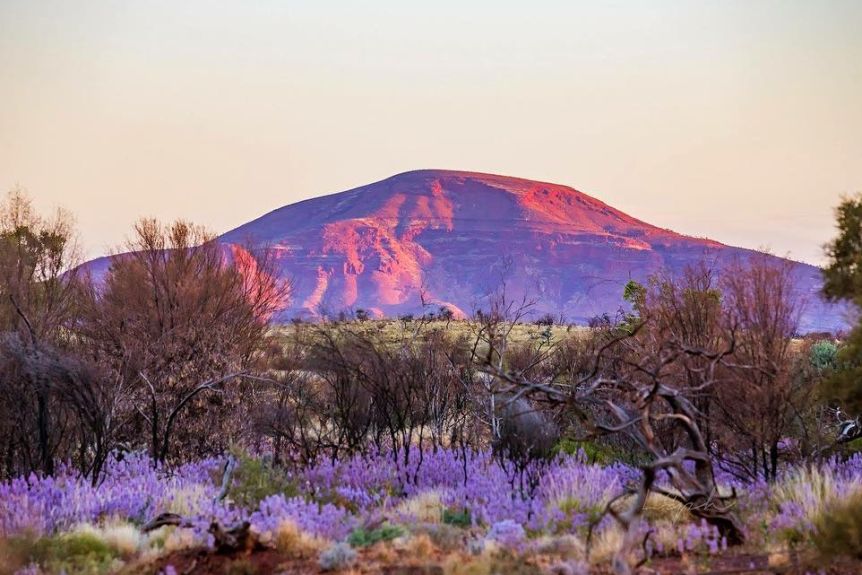
Campsites and boardwalks will be upgraded at Karijini National Park
"[This] is a great opportunity for Western Australia because of our huge, rich and diverse Aboriginal cultural offering," Tourism Minister Paul Papalia said.
Premier Mark McGowan said while some WA towns had been overflowing with visitors from Perth since regional travel boundaries were lifted, the recovery package was necessary to continue the state's economic recovery amid the pandemic.
Mr McGowan said the program — which is part of the Government's $5.5 billion economic recovery plan in response to the pandemic — also included affordable airfares to further encourage West Australians to explore their home state.
Recently-announced discounted flights to Broome and Kununurra sold out in seven days.
The Government said more flight deals to tourism destinations around the state would be announced, including to areas such as Monkey Mia, Carnarvon and Albany.
Mr Papalia said the investment would also help to attract interstate tourists to WA when the hard border was removed.
"We're fixing things up and ensuring they can meet the demand of the future," Mr Papalia said.
"Once we come out into the post-COVID world and continue to operate more openly and are able to attract people from further afield, it will ensure that we continue to have world-class destinations for people to visit."
Tourism businesses welcome investment
Tourism Council WA chief executive Evan Hall said he was delighted to see investment particularly in nature-based tourism attractions in WA.
"This is going to be critical to give West Australians new reasons to go back to regional destinations, to come into Perth for a staycation and of course it will be critical to bring back the out-of-state visitor when they return," he said.
"We need to create new experiences — we haven't had a lot of new things to do, particularly in Perth, for quite some time."
Mr Hall said the $1 million investment in the Tourism Attractions Case Management framework would encourage private investment in new tourism experiences in the heart of Perth.
"It can be very difficult for new tourism attractions and experiences to start up, it's a complicated bureaucratic regime to get through and the Government's commitment of $1 million to case manage those private investments through the framework will really assist the private sector."
Hard border removal a 'long way away'
Mr McGowan said it was still too early to say when the state's hard border would be lifted, but said it would be "certainly months" away.
"As to whether it's before the end of the year, as to whether it's before the middle of next year, I cannot put a date on it," he said.
"Every time you put a date on it, you have to change."
Mr McGowan reiterated that he would not remove the hard border until community transmission in the eastern states had been eliminated.
However, the Government may be forced to reverse its policy if Clive Palmer wins his legal challenge in the High Court.
Mr McGowan said he was disappointed Mr Palmer had not dropped the legal action.
"He's not listening to Western Australia, the Prime Minister, senator [Matthias] Cormann or myself — that's my main disappointment," he said.
"What we're trying to do here is save the lives of West Australians and make sure that our economy can function properly within our borders. It's really straightforward."
https://www.abc.net.au/news/2020-08-08/wa-government-to-spend-150-million-dollars-on-tourism-upgrades/12537930
Kimberley region hosts the Derby Bullerama and Picnic Races
https://www.facebook.com/DerbyVisitorCentre/posts/3168148519950050
https://www.msn.com/en-au/news/australia/kimberley-region-hosts-the-derby-bullerama-and-picnic-races/vi-BB17I94O?ocid=msedgntpAs Australia's eastern states grapple with coronavirus lockdowns, northern WA is very different. Over 1,000 people from across the Kimberley have this weekend gathered for the first big event since March.
8 AUGUST FEDERAL
New coronavirus payments help families with foster children, but advocates want ongoing assistance
https://www.msn.com/en-au/news/australia/new-coronavirus-payments-help-families-with-foster-children-but-advocates-want-ongoing-assistance/ar-BB17HUAL?ocid=msedgntpWith two daughters into their teens and a house renovation nearing completion, Anthony and Tiffany Alps made a decision that would significantly change multiple lives.
"We didn't want to be rattling around this big old house on our own so we decided to look into fostering," Ms Alps said.
"We just decided we had space in our lives for more children, we still wanted children running around the house and out on the lawn."
They now have four foster children — two sets of siblings — but fostering did not come without challenges.
"Our 12-year-old, when he first arrived, he was very traumatised and he pretty much rejected us," Ms Alps said.
"It was a big learning curve for us ... we were pretty naive, at first."
Three years after that first decision, they say fostering has paid significant benefits — both for the couple and the children in their care.
"They have just blossomed, they are very settled and secure now," Ms Alps said.
"The rewards far outweigh all the hard work that we have done and it has brought us closer together as a family."
Payments to help foster carers
But advocates warn that the economic and social consequences of COVID-19 have presented significant difficulties for carers.
Foster Care Association WA director Fay Alford said carers were often left trying to look after multiple children, who could no longer attend school or day care at the peak of the pandemic, while juggling work or sudden unemployment.
"Carers struggled because of home schooling, trying to deal with six or so kids some people, and that was hard for people," Ms Alford said.
"We have got families out there with large sibling placements that may have lost work or seen reduced hours.
"Home schooling for kids, we had a lot of calls around that."
The State Government is trying to help people in that situation with one-off assistance payments, designed to help carers cope with the financial impact of coronavirus.
The payments will total $500 for the first child in care and $250 for each subsequent one.
With more than 7,000 West Australian children in care, the payments will cost $3.68 million.
Child Protection Minister Simone McGurk said she hoped the move would make a significant difference in helping to cover additional costs confronted by carers during the worst of the pandemic.
"Those carers stepped up and we are very grateful," Ms McGurk said.
"Many of these carers are low income, they are people who care for multiple children or their circumstances mean they need a particular hand at this time."
Help welcomed but calls for more assistance
Ms Alford said the cash payments, to be rolled out over the next month, would make a big difference.
"It will help enormously, just with everyday stuff," she said.
“It will be a big help."
But she said ongoing support for foster carers remained a substantial issue.
"We would like our general subsidy to be looked at and reviewed," Ms Alford said.
Ms McGurk said the Government was aware of the issues confronting foster carers.
"We are doing what we can to continue to support them, such as by ensuring they are prioritised through government services," the Minister said.
"We acknowledge that it is challenging and that the money is not always there when it needs to be.
"But this one-off payment shows that there were particular challenges during COVID and we are very grateful for what our carers do for us."
8 AUGUST NZ
Ardern unveils $300m jobs fund during Labour re-election launch
https://www.msn.com/en-au/news/world/ardern-unveils-300m-jobs-fund-during-labour-re-election-launch/ar-BB17InTL?ocid=msedgdhpNew Zealand Prime Minister Jacinda Ardern has started her Labour Party's bid for re-election unveiling a $300 million jobs fund.
Ms Ardern touted the effective eradication of coronavirus in her country as the reason she was able to hold the re-election event in Auckland's Town Hall.
Labour isn't expected to unveil a wide range of policies during this election campaign but rather to centre on the need for continuity and stability, labelling the election a "COVID election".




